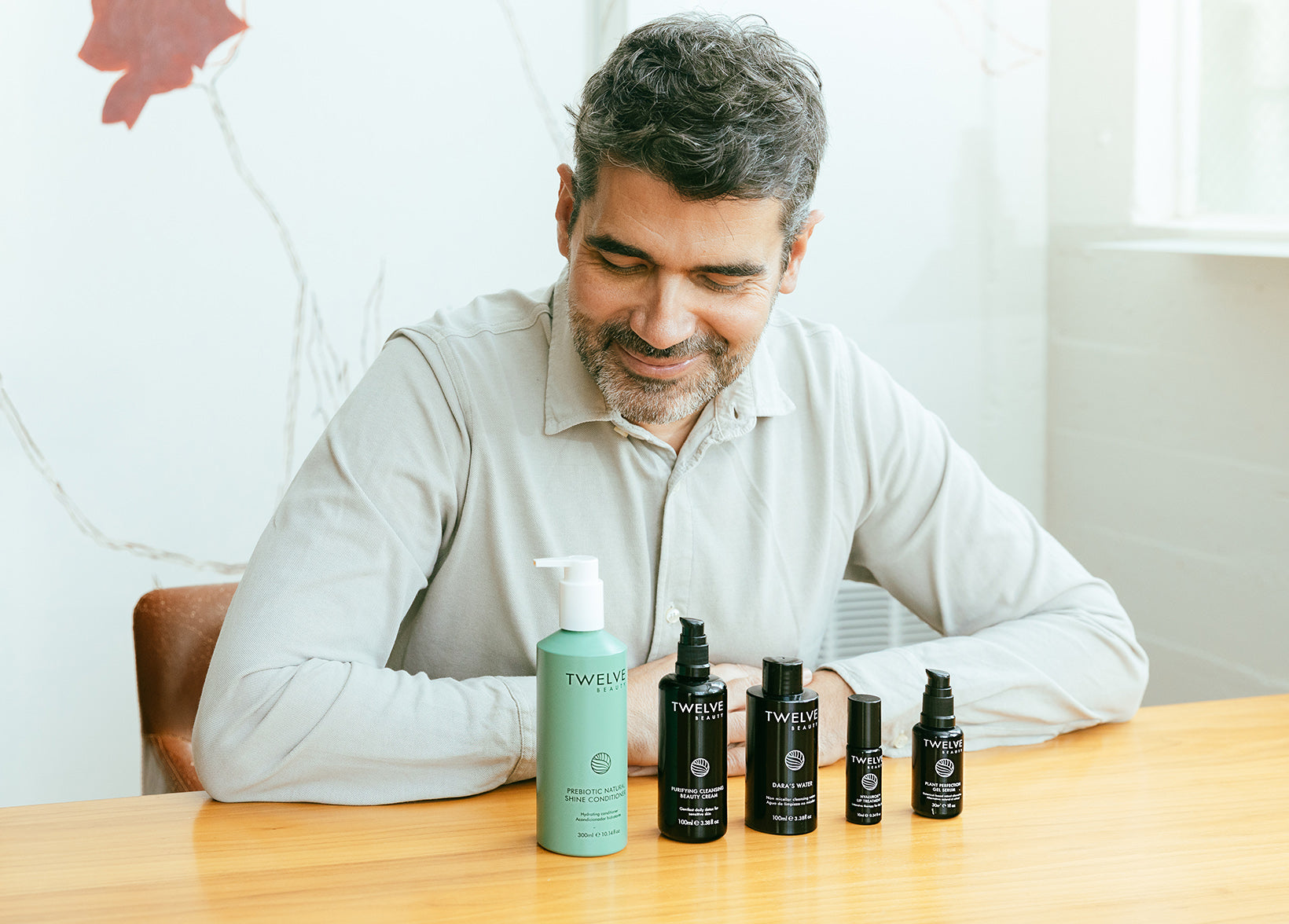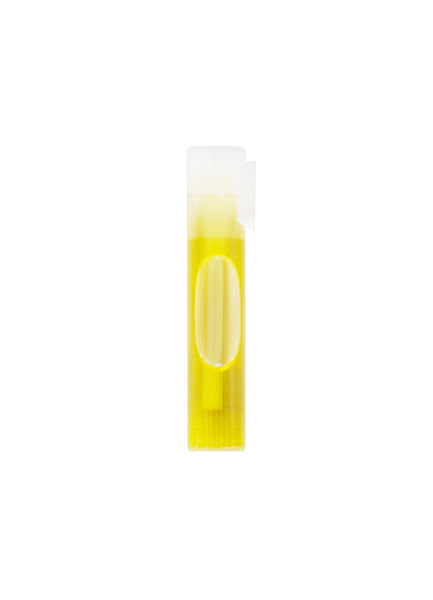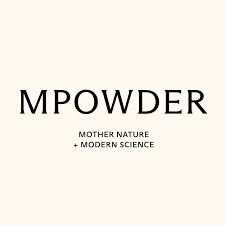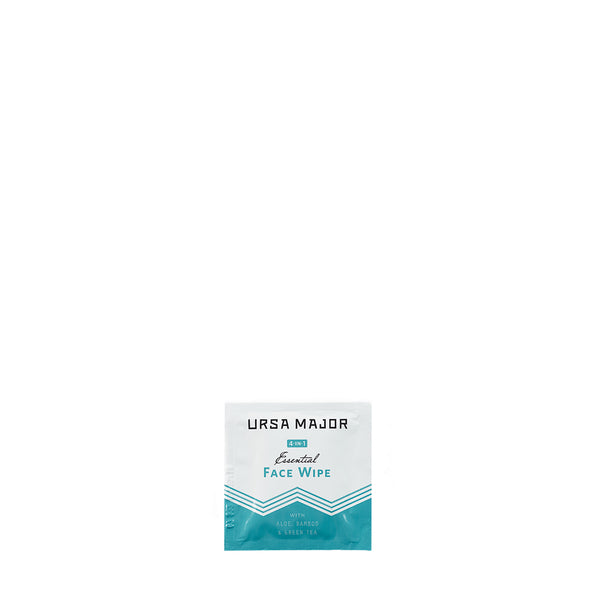Recent Articles
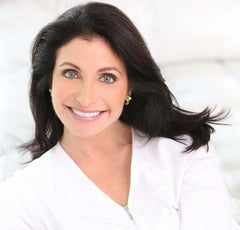
Dr. Graf is a Board Certified, Clinical and Research Dermatologist and Assistant Clinical Professor of Dermatology at Mount Sinai Medical Center in New York, NY. She is widely respected for her expertise and objectivity.
Many of our lovely customers come to us for help with skin care challenges related to perimenopause and menopause: Estrogen levels that fall while androgens stay constant can lead to a variety of unwelcome changes, ranging from acne that’s reminiscent of the teen years to wrinkles that seem to have settled in overnight. We thought a guide to some of the most common menopause-related skin changes, and the best approaches to their treatment, was long overdue. We approached top dermatologist Jeannette Graf, MD, for expert advice on the topic.
(And when you're done reading, check out this interview with Tamara Neuhaus, MD – a popular Bay Area OB/GYN who specializes in menopause — to dig deeper into all things peri/menopause-related, and watch this video Q&A with Dr. Neuhaus and our founder, Dara.)
Ayla: Generally speaking, when do you find that women begin to experience skin changes related to menopause?
DR. GRAF: Well, it begins with perimenopause, which often starts sometime in your mid-forties and lasts for 3-4 years. Perimenopause is very different from menopause: Periods might become irregular at this point, but you still have estrogen. During perimenopause, you’re getting hot flashes, so you might find that your skin gets red. You might also have breakouts, and skin that was previously balanced might start to get dry or oily patches. Sometimes women experience rosacea at this point, too.
Once women reach menopause, things change again. If you go on estrogen therapy (which is typically not considered until you’ve lost your period for 6 months), you won’t experience a lot of skin-related shifts. If you don’t go on estrogen therapy, your skin will get quite dry. Skin also becomes thinner in menopause, since there’s a relationship between collagen production, skin thickness, and lack of estrogen. The natural slowdown of cell turnover and decrease in humectants in the skin exacerbates the dryness, too.
Ayla: Are these shifts gradual, or do they occur all at once?
DR. GRAF: It’s an ongoing change. Some people will notice it overnight, others more gradually. But it happens. The problem is that hormone replacement therapy — which would alleviate many of these issues — works very nicely, but a lot of times, transdermal estrogen is administered as a treatment for menopause, and not everyone is a candidate. In the future, perhaps we’ll have the ability to use estrogen on skin without fear of worsening cancer risks.
Ayla: What do you most often recommend to address skin changes during perimenopause and menopause?
DR. GRAF: For acne, I often put women on spironolactone, especially during perimenopause. It’s a fabulous androgen blocker — in this case, acne often occurs because estrogen levels are starting to decrease while androgens stay constant. I also recommend taking high amounts of flaxseed oil, which is a great anti-inflammatory (and acne is an inflammatory condition).
As far as other acne treatment products are concerned, you want to be as gentle as you can. Take care to use non-drying products, because most acne products can be drying. Salicylic acid cleansers are good. However, the kinds of breakouts you often get at this point are not necessarily best treated with topical products. Sometimes they’re under cysts, and that’s when spironolactone helps.
Ayla recommendations: Check out Marie Veronique's Treatment Cleanser, Treatment Mist, Treatment Serum, and Treatment Oil, all designed to address acne prone skin without drying it out. We carry Marie Veronique's acne book, too!
Once menopause arrives, there are three things I usually recommend:
Retinoids. Whether you use retinol, retinaldehyde, or tretinoin, once any form of vitamin A gets into the skin, it interacts with an enzyme that creates transretinoic acid, which then binds with about 52-57 different types of DNA, repairing skin and stimulating collagen production. It’s safe, and as long as the treatment you choose doesn’t dry you out, it’s fine to use it for an extended period of time.
Ayla recommendations: Dara Kennedy Sea Retinal is one of our best sellers. It uses retinaldehyde along with redness reducers and longevity boosters for a complete treatment.
Peptides. These will also stimulate collagen production and boost skin’s elasticity, which is important as skin becomes thinner and starts to sag. I think peptides are great as you age and suggest them for anyone over 50.
Ayla recommendation: We love both Dara Kennedy's Sea Serum and Luzern’s Firming Collagen Booster serum, which are rich in peptides as well as hyaluronic acid and glycerin (which Dr. Graf mentions next).
A really good, rich moisturizer. Something with hyaluronic acid or glycerin will be particularly helpful at easing the dryness that many women experience with menopause.
Ayla recommendation: One of our best sellers is the super hydrating but non-comedogenic BioRecept LycOconfort de Peau, which is rich in hyaluronic acid and a variety of other great anti-aging ingredients.
It’s also not a bad idea to do a gentle at-home peel twice a week to remove dead skin cells, brighten, and allow products to more easily penetrate the skin.
Ayla recommendation: We think Marie Veronique's Probiotic Exfoliation Mask and The Organic Pharmacy’s Enzyme Peel Mask are delightful.
Ayla: What other specific concerns are often raised during menopause?
DR. GRAF: In addition to acne, dryness, and the thinness, sagging, and wrinkling that’s related to the loss of collagen, I often see the following:
-Flushing can occur due to rosacea or skin reactivity. Some of it is related to vasodilation. There are a lot of good anti-redness products on the market that work well, and I typically treat rosacea symptomatically.
-Increased sensitivity happens as we age and the natural lipids in our skin diminish. Studies show that, after the age of 50, the pH level of our skin gets higher. There’s a certain level (5.4) where the pH of our skin allows for optimal operation of our microflora and defensive cells. As the pH level climbs, those cells are less able to help defend the skin and we’re more prone to rashes, sensitivity, and dermatitis. It becomes important to repair the skin’s moisture barrier with good, effective emollients.
-Scraggly facial hair can start to appear due to the imbalance of estrogen and testosterone. Electrolysis is the best treatment for this.
-Hyperpigmentation can sometimes be more of an issue because skin is thinner, and you’ve had more chronic sun exposure at this point. You might have had lots of tans or burns in the past, so you have a lot of melanin in your skin and get darker more easily. Retinoids can help with this, too.
Ayla: Is it true that menopausal skin changes are more visible on the face than on the body?
DR. GRAF: Possibly, and facial skin is very hormone-rich. But we also dry out on our bodies way before menopause. For the body, I love extra-virgin coconut oil as a moisturizer. There’s tons of literature about it. It’s solid at room temperature and melts on the skin, and it’s very nutritious when ingested, too. Although it’s a saturated fat, its lauric acid content seems to cause it to have an opposite effect in heart disease.
Ayla: Speaking of nutrition, what do you recommend in terms of dietary changes?
DR. GRAF: The healthiest diet is a colorful, Mediterranean diet with lots of water with lemon, few processed foods, and very little sugar. I’m also not a big fan of dairy. A lot of cows are treated with hormones; there’s also a lot of allergy associated with milk, and it’s mucous-y. I’d substitute coconut milk.
I generally advise supplementation through food, but I think vitamin D3 is the most important supplement and we often underdose it. I think a minimum of 5000 IUD is important for keeping skin firm, supporting its repair mechanisms, and activating its anti-microbial systems.
Ayla: What about vitamin E, which is often suggested for menopausal women?
DR. GRAF: It’s good, but I’d say vitamin D is the more important supplement. And I don’t suggest taking vitamin E out of a capsule and putting it on the skin, since that can cause contact dermatitis. However, you can do that with evening primrose oil, which is great for the skin.
Ayla: What else do you wish more 50+ women knew about skincare?
DR. GRAF: I’d reiterate the ones I mentioned earlier — at night, you need to use a retinoid to keep skin firm (I often hear complaints that their pores are too large, which is due to lack of firmness) you should use a peptide product to boost collagen. And you need to keep skin moisturized.
Aside from that, you need to wear sunscreen every single day, including during the wintertime.
And other products that stimulate the skin are wonderful. Products with lactic acid are great, and I love antioxidant serums for daytime, under moisturizer and sunblock. That’s a great companion regimen to a nighttime routine of retinol or peptides under a good moisturizer.
Ayla product recommendations:
Marie Veronique Treatment Cleanser, a wonderfully refreshing, creamy cleanser for acne-prone skin
Dara Kennedy Sea Retinal, which uses retinaldehyde, marine actives, and longevity boosters
Dara Kennedy Sea Serum, a serum that hydrates, firms, calms, and helps with hyperpigmentation
Luzern Labs Firming Collagen Booster Serum, a peptide-rich wonder serum
Luzern Labs La Defense SPF 30, our favorite sunscreen
Marie Veronique + Kristina Holey Intensive Repair Serum, which contains lactic acid
MyHavtorn Organic Face Oil, which is rich in antioxidants and great for rosacea-prone skin
Ayla + MyHavtorn Guldkorn Cream, a nourishing customer favorite that’s also antioxidant-rich
Luzern Labs Force de Vie Crème Luxe and Crème Intensive, multi-benefit anti-aging creams that our customers adore
37 Extreme Actives Extra Rich, which features peptides, antioxidants, and humectants, all in one jar
Ayla: Will starting an anti-aging regimen early prevent some of these problems?
DR. GRAF: It can prevent a lot of them and slow a lot of them down. So will having a diet that is healthy, and taking care to keep skin moisturized. But at end of the day, estrogen is estrogen!
**
Looking for more information about menopause, perimenopause, and skin? You'll find these additional resources on our blog:
- Learn from another favorite dermatologist, Dr. Macrene Alexiades, about skin care during perimenopause and menopause here. You can also learn from this brilliant expert on skin firmness and elasticity here; she has also shared her thoughts on collagen in topical and ingestible skincare with us here.
- Find additional skin-specific suggestions and recommendations from skincare specialist Kristina Holey and star formulator Marie Veronique here.
- Watch a recording of our virtual Q&A with Dr. Tamara Neuhaus, OB/GYN, and our founder, Dara, here.
- Read our interview about skin and body symptoms during Perimenopause and Menopause with Dr. Neuhaus here.
- To learn how Traditional Chinese Medicine can address perimenopausal and menopausal symptoms, read our interview with Dr. Anna Gold here.
About Dr. Graf: Jeannette Graf, MD is an Assistant Clinical Professor of Dermatology at Mount Sinai Medical Center in New York, NY and a Board Certified, Clinical and Research Dermatologist with a private practice in Great Neck, New York. While at the NIH, Dr. Graf was one of the first doctors to work with peptides, earning a NIH patent in 1987. She continues to research innovative technologies and has been published in several scientific journals. Widely respected for her expertise and objectivity, she is regularly called upon to forecast on dermatology and cosmetic trends, and she’s a frequent guest on TV programs like The Dr. Oz Show, The View, Good Morning America and The Early Show on CBS. Dr. Graf is also the author of the best-seller Stop Aging, Start Living.
Any topic discussed in this article is not intended as medical advice. If you have a medical concern, please check with your doctor.


